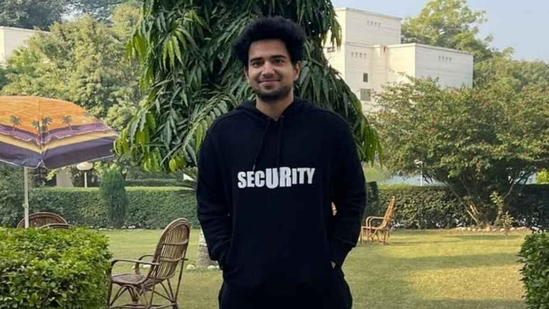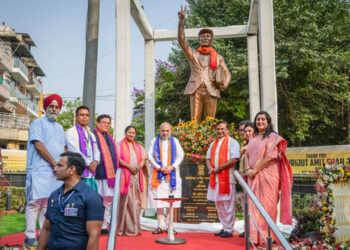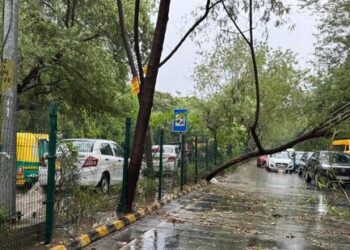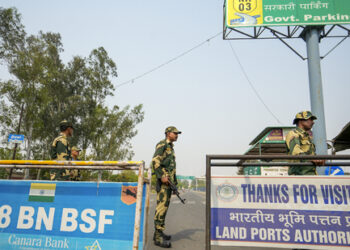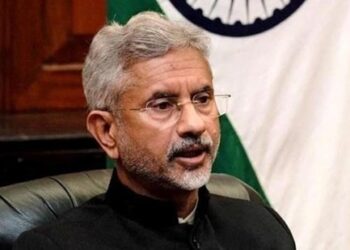The Supreme Court of India has issued a directive to comedian Samay Raina and four other social media influencers to appear before it in response to a petition filed by an NGO. The petition alleges that the individuals mocked people with disabilities and rare medical conditions during a YouTube show, “India’s Got Latent.”
Background of the Petition
The NGO’s plea highlights instances where the content creators reportedly ridiculed individuals with disabilities, raising concerns about the ethical responsibilities of influencers and the impact of such content on vulnerable communities.
Court’s Observations
During the proceedings, the Supreme Court emphasized that while the Constitution guarantees the right to freedom of speech and expression, this right is not absolute. The Court stated, “No one can demean anybody in the name of free speech,” underscoring the need to balance freedom of expression with respect for individual dignity.
The bench expressed deep concern over the influence and reach of social media personalities, describing the alleged conduct as “damaging” and “demoralising” to already vulnerable sections of society. The Court underlined the urgent need for accountability and indicated that “some remedial and punitive action is needed.”
Legal Context
The case brings attention to the broader issue of content moderation and the ethical responsibilities of digital content creators. While freedom of speech is a fundamental right, it does not extend to speech that harms the dignity of others, particularly marginalized groups.
Implications for Social Media Content
This development signals a growing recognition of the need for regulatory frameworks that address harmful content on digital platforms. The outcome of this case could influence future guidelines and policies aimed at ensuring that online content adheres to ethical standards and respects the rights of all individuals.
As the case progresses, it will be crucial to monitor how the legal system balances the right to free expression with the protection of individuals from harmful and demeaning content. The involvement of high-profile influencers in this case underscores the significant impact that digital content can have on public discourse and societal norms.



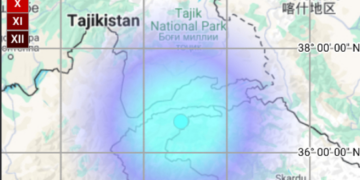
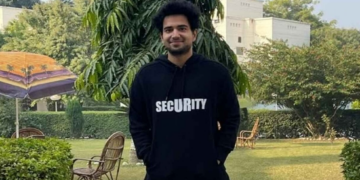
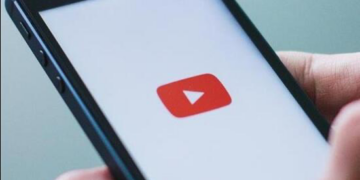


 India
India
